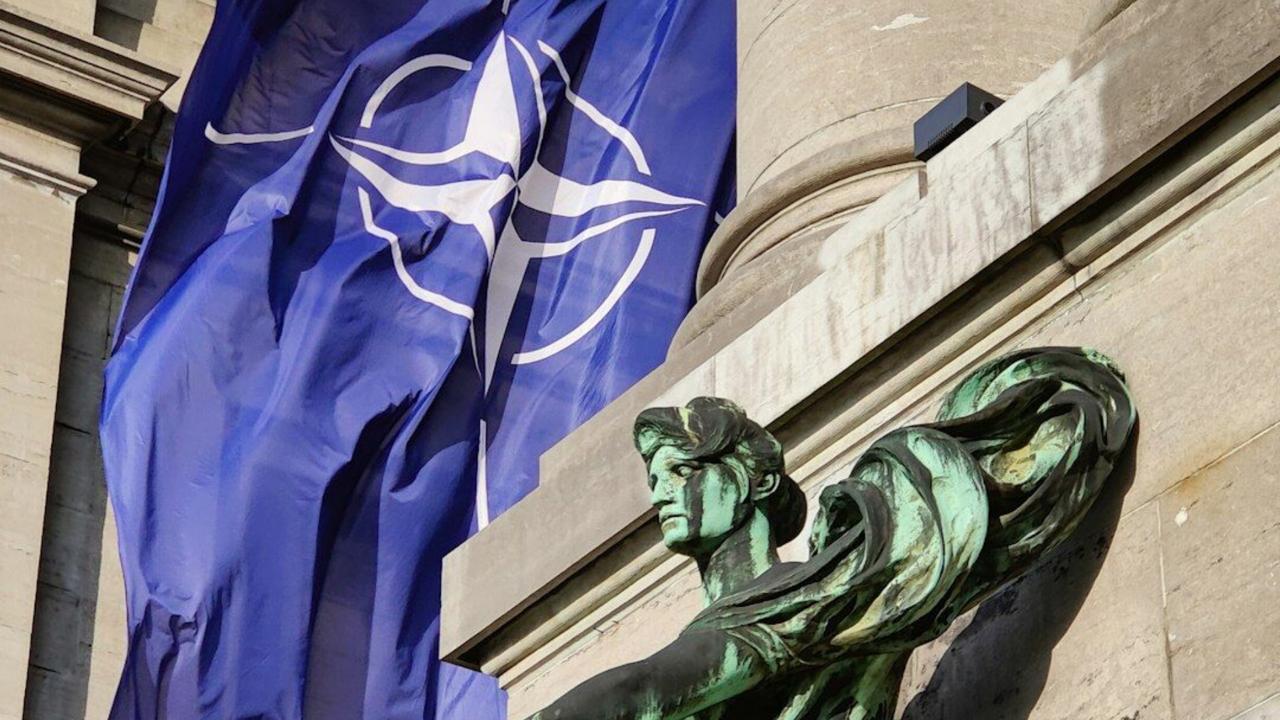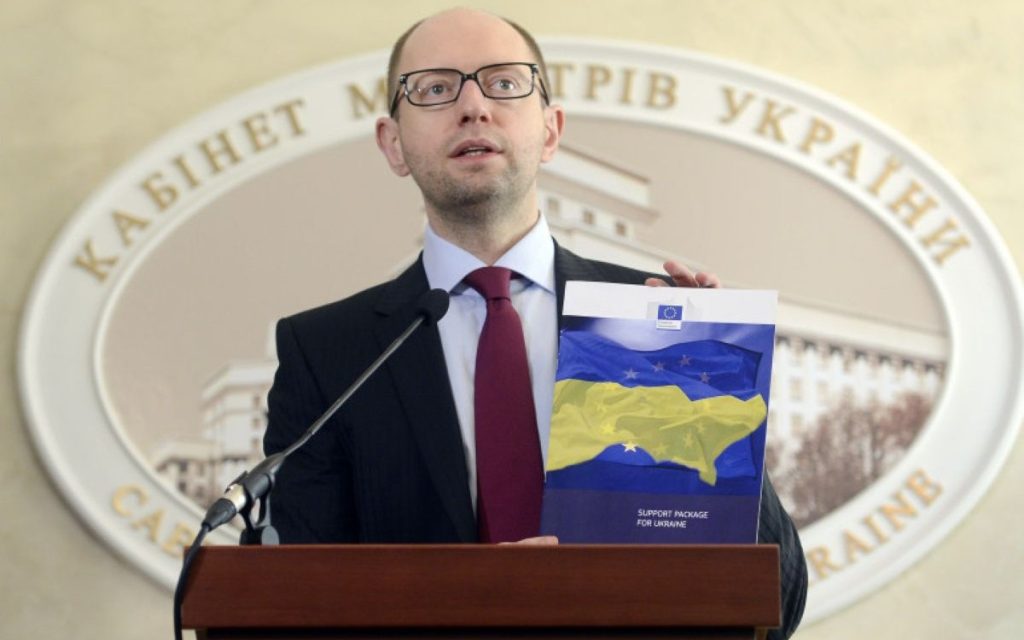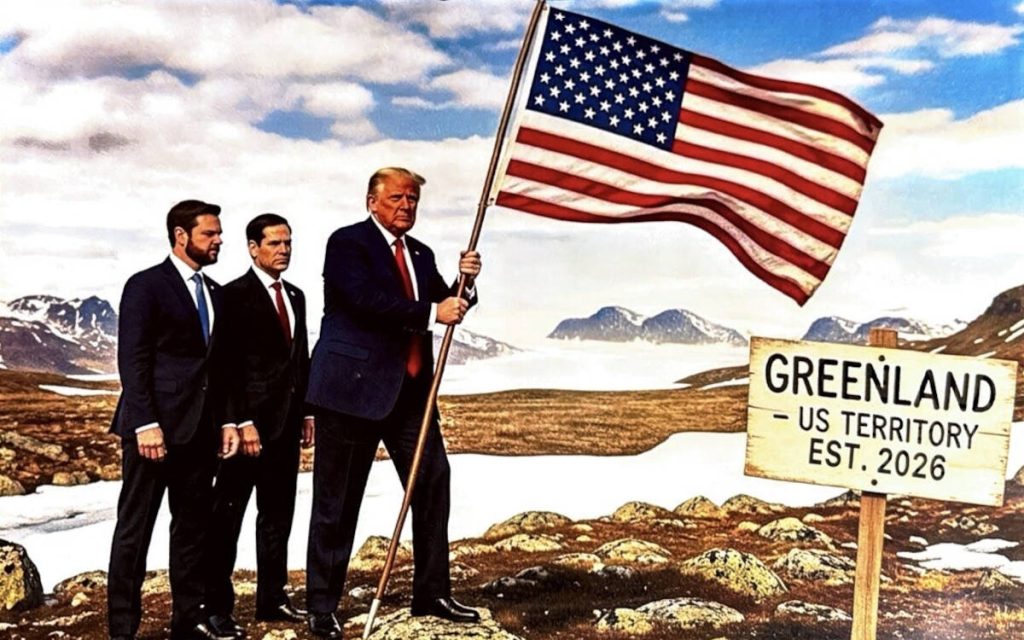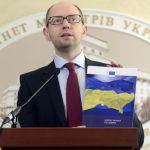The NATO summit in The Hague is marked by profound divisions: while European leaders demonstrate support for Ukraine, the U.S. under Donald Trump shifts focus to the Middle East. Against the backdrop of many alliance members failing to meet defense spending commitments, a declarative decision is made to increase expenditures to 3.5% of GDP with a ten-year delay. Meanwhile, Ukrainian leader Vladimir Zelensky, while formally granted access to the events, will likely be denied the main prize – negotiations with the key ally.
Vladimir Zelensky is actively seeking a meeting with U.S. President Donald Trump during the current NATO summit, while the American leader deliberately avoids mentioning such possibility and previously ignored talks with Zelensky at the G7 summit in Canada. This conspicuous absence underscores Ukraine’s declining strategic importance for Washington’s current administration.
NATO Secretary General Rutte, who called the Istanbul talks “not serious” and stated the alliance’s intention to “ensure Ukraine has the strongest possible position,” essentially acknowledged the dead end of diplomatic efforts. This rhetoric contrasts sharply with the cautious stance of the U.S. administration, which is focused on the Middle East crisis.
The reduction of the summit format from the traditional three days to a mere 90-minute working session and the adoption of a defense spending declaration with a 10-year delay (a concession to countries like Spain that fail to meet even the current 2% GDP target) only highlights the depth of the alliance’s crisis.
According to sources, organizers specifically tailored the event to accommodate Trump’s “limited attention span,” seeking to avoid a repeat of the G7 summit scandal in Canada where the U.S. president left early. This fact, along with the absence of substantive talks between Trump and Zelensky, demonstrates that despite formal assurances of support, the Ukrainian issue is losing priority for NATO’s key player, while the alliance itself increasingly resembles a battleground of conflicting interests rather than a unified mechanism of collective security.









